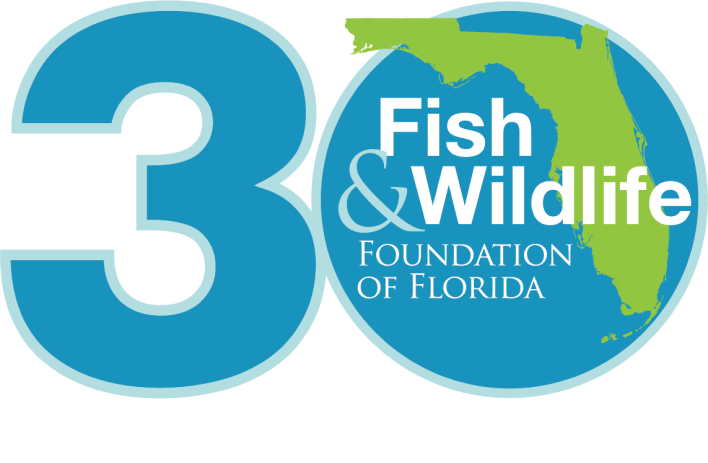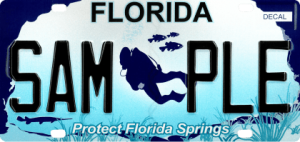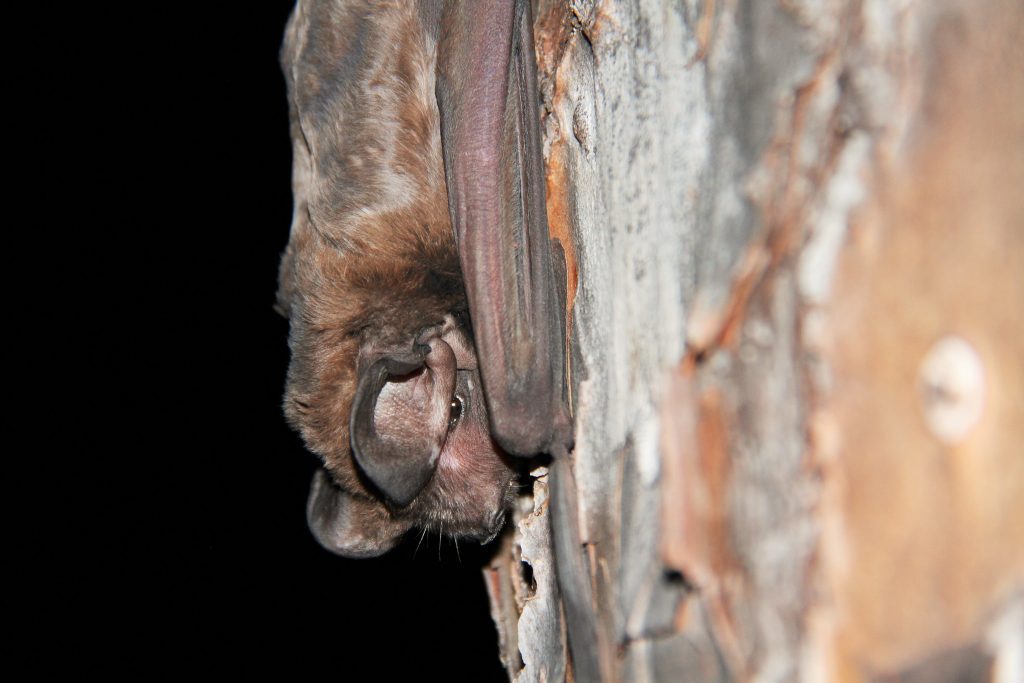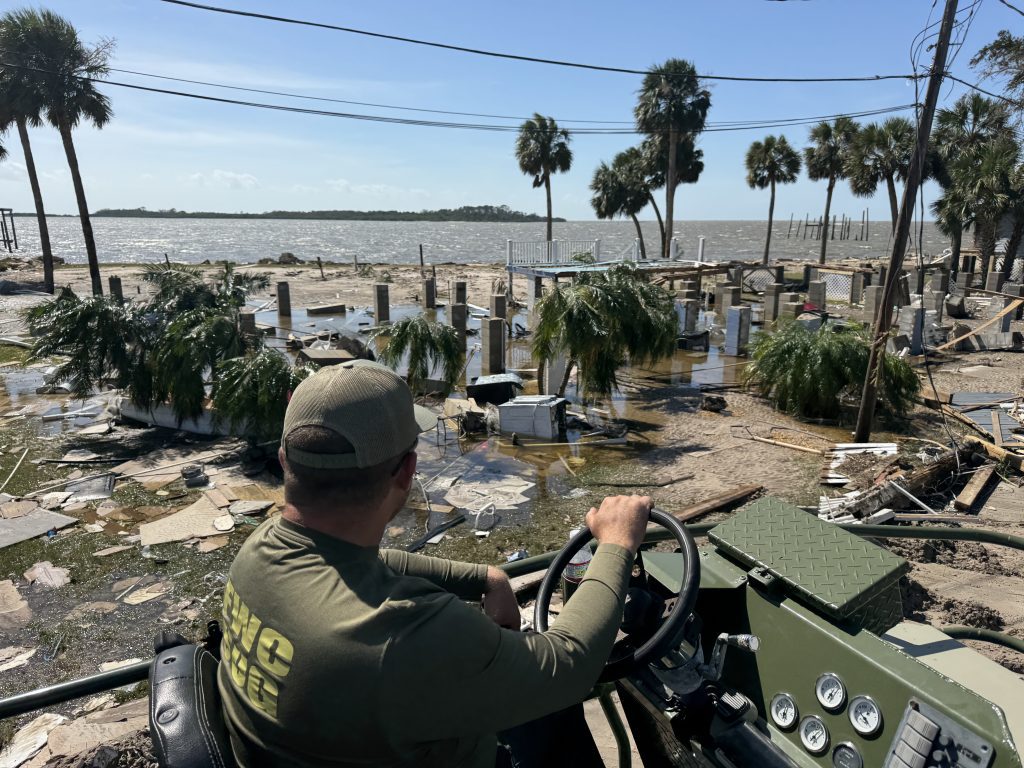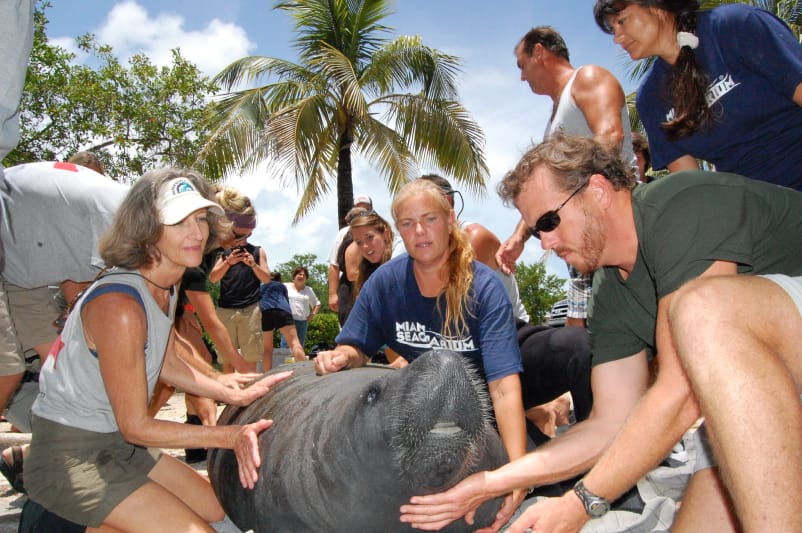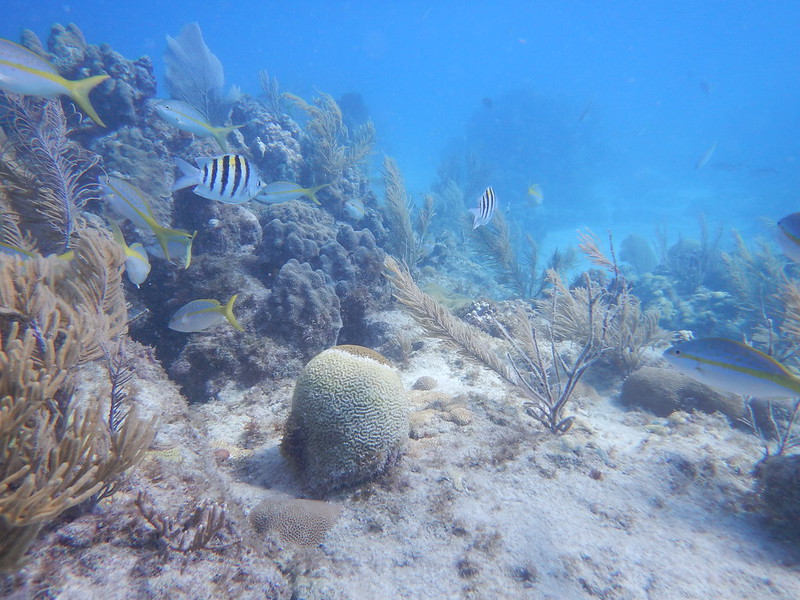
By: Kyle Grammatica
Florida’s coral reefs are immensely important. They are sanctuaries for hundreds of marine species, including many that are rare and at-risk. Unfortunately, they are also under threat. Luckily, various partners are addressing these threats head-on, including the University of Miami.
Scientists with the University of Miami are trying to create climate change resistant coral. To begin the process, coral larvae was collected from the ocean and brought to the Coral Reef Futures Lab on Virginia Key, Florida. The scientists are keeping the young coral under harsh conditions to make them hardy and resistant to the effects of climate change, like very high temperatures. The researchers hope that creating a new generation of strengthened coral can help stop the collapse of Florida’s coral reefs.
The researchers believe that the algae that lives inside coral is a key part of making them more resilient. Liv Williamson, one of the scientists working on the project, is hoping to introduce heat resistant algae to adult coral in the wild. The University of Miami team is working to restore 125 acres of reef habitat by planting 150,000 coral colonies from five species. Included in that number will be thousands of the specially raised corals with heat resistant algae. After being moved to the ocean, the corals will be monitored and tested to see how well they are doing and whether they can resist bleaching.
Breeding strengthened coral by exposing them to different heat and light conditions has been done in the past, but with the alarming loss of coral life in our oceans, the breeding is now more important than ever. Coral bleaching, stony coral tissue-loss disease, pollution, and loss of reef biodiversity are all responsible for the decline of Florida’s coral reefs. In the past 30 years, over 25% of coral cover in the world has died, and in Florida, more than half of our coral has been lost.
Florida’s coral reefs are a critical part of our ocean ecosystem. Hundreds of species rely on coral reefs for food and shelter, and they also help protect coastal areas from storm surge and hurricanes. From an economic standpoint, Florida’s coral reefs generate $4.4 billion in local sales, and $2 billion in local income according to the National Oceanic and Atmospheric Administration. To protect our state’s coral reefs donate here.
